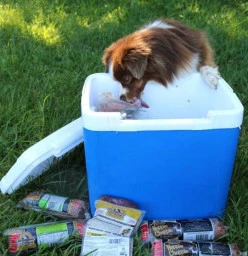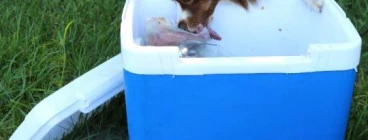- 1 Trichardsdal Drive, Letsitele, Letsitele, Limpopo Province 885
- 10-20 km from Hawaan
Cooling - Pet Supplies & Services in Hawaan (4319)
No exact matches found within 5km.
Other related businesses in and around Hawaan (within 20km)
- Durban North CBD, KwaZulu-Natal
- 5-10 km from Hawaan
Alpha Pet Products is a reputable company specializing in high-quality pet products, with a particular focus on sheepskin dog toys and raw food for dogs. Founded with a passion for providing pets with the best possible care, Alpha Pet Products has established itself as a trusted brand in the pet industry. Their line of sheepskin dog toys combines durability with luxury, offering dogs a satisfying chewing experience while also being gentle on their teeth and gums. These toys are crafted with meticulous... Read more


